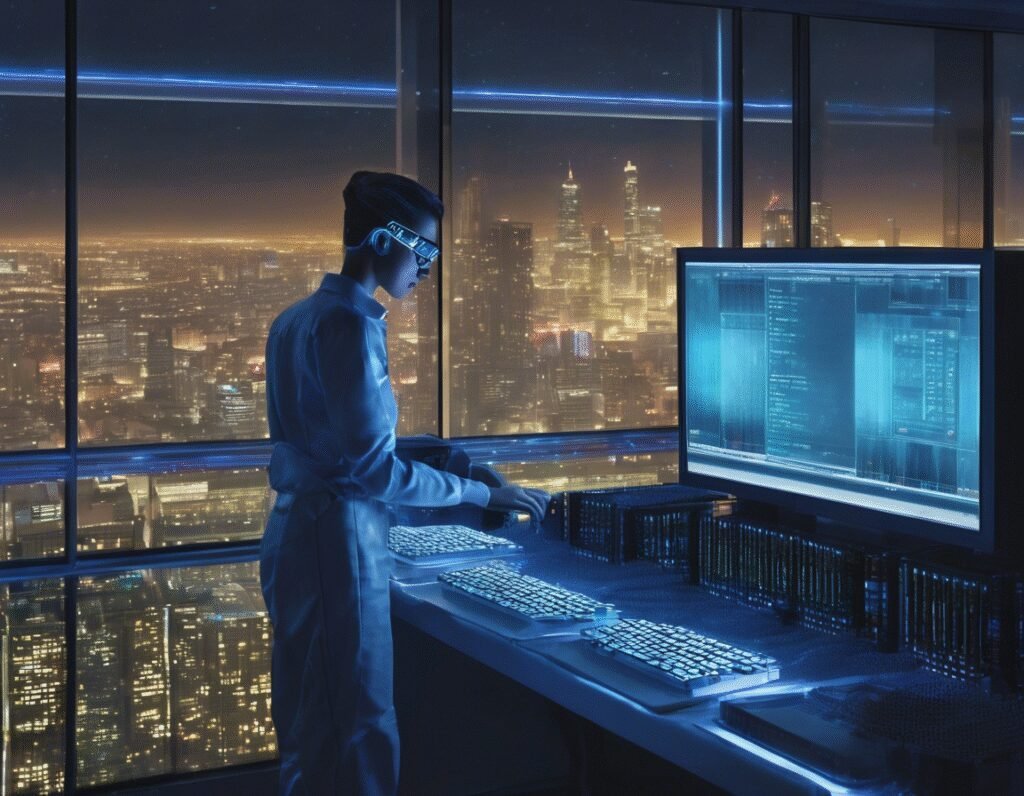OpenAI May Soon Release a Powerful Open-Source AI Model, Leak Suggests
A recent leak indicates that OpenAI could be on the verge of launching a new open-source AI model, with speculation that the release may happen within hours. Developers and AI enthusiasts have been closely analyzing digital clues that hint at the impending launch. Among the most compelling evidence are screenshots revealing multiple model repositories with names such as yofo-deepcurrent/gpt-oss-120b and yofo-wildflower/gpt-oss-20b.
The repositories, which have since been taken down or made private, suggest that OpenAI may be preparing to open-source versions of its GPT models. The numbers in the names—120b and 20b—could refer to the parameter counts, indicating a massive 120-billion-parameter model and a smaller 20-billion-parameter variant. If true, this would mark a significant shift for OpenAI, which has traditionally kept its most advanced models proprietary.
The crypto and AI communities have been buzzing with speculation about the potential implications of such a release. An open-source model of this scale could democratize access to cutting-edge AI, allowing developers, researchers, and even blockchain projects to integrate powerful language models into their applications without restrictive licensing.
Some speculate that OpenAI’s move could be a response to growing competition from open-source alternatives like Meta’s LLaMA and Mistral AI’s models. By releasing its own open-source version, OpenAI may be aiming to maintain influence in the rapidly evolving AI landscape while addressing criticism over its closed approach.
If the leak proves accurate, the release could have major ramifications for decentralized AI projects in the crypto space. Open-source models enable greater transparency and customization, which aligns with the ethos of blockchain and decentralized applications. Developers could fine-tune these models for specific use cases, such as smart contract analysis, decentralized autonomous organizations (DAOs), or AI-driven DeFi protocols.
However, questions remain about the licensing terms and potential restrictions OpenAI might impose. Past open-source releases from other organizations have sometimes included limitations on commercial use, which could impact how freely the models are adopted in the crypto ecosystem.
As the AI and crypto communities wait for official confirmation, the leak has already sparked excitement and debate. If OpenAI follows through, this could be a pivotal moment for open AI development, with ripple effects across both the artificial intelligence and blockchain industries.
The coming hours may bring clarity—or more speculation—as developers watch for any official announcement from OpenAI. Until then, the digital breadcrumbs continue to fuel anticipation.


